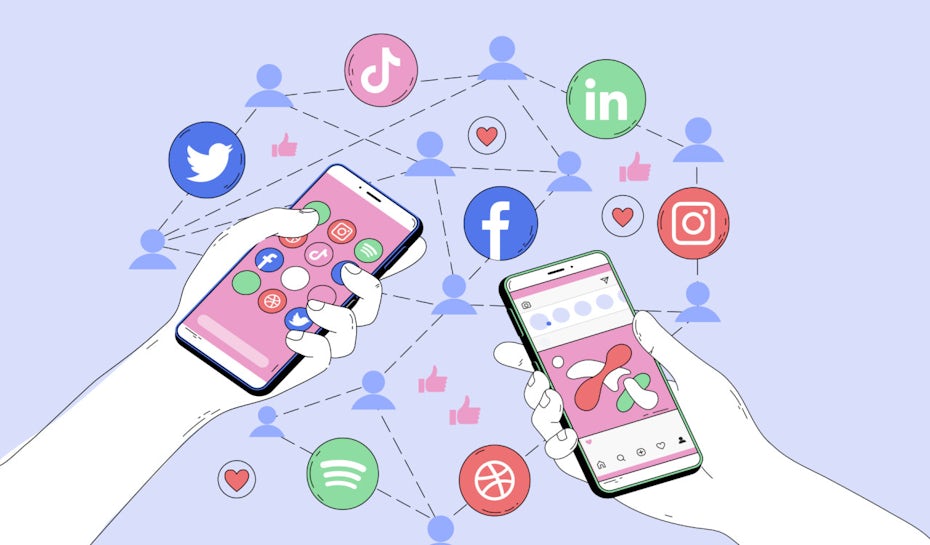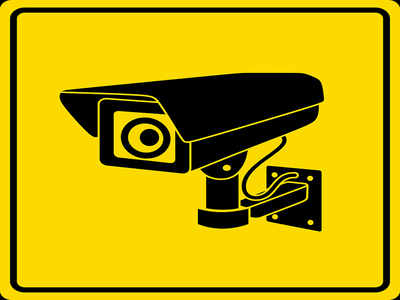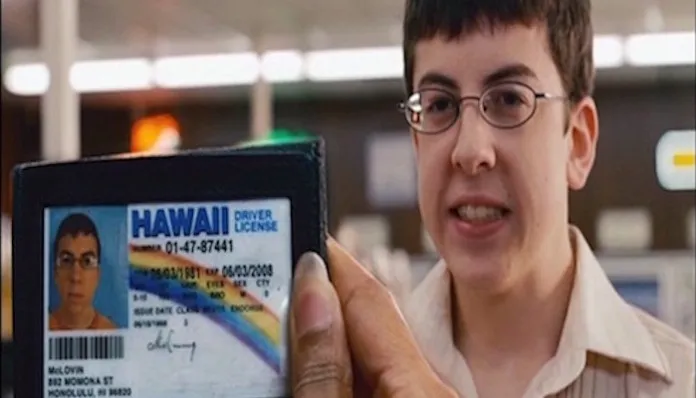In many ways, online privacy affects everyone. In today's society, it's uncommon to not have at least one social media site that you use all the time. Not only this, but technology is so common amongst people that it's uncommon to not browse different websites and online platforms every day that could be stealing your personal data whenever you log on. Nowadays, nearly everyone is susceptible to digital privacy invasion.
In Juan Enriques's Ted Talk about "digital tattoos," I realized how common it is for people to overlook their presence on social media. According to Enriques, social media is like an electronic tattoo because everything you do online sticks with you, eventually, it gets too hard to hide from the consequences and you have to face the recognition of what you've shared online.
Everyone in my family has at least one form of social media, however, as Professor Smith mentioned in class, it's highly unlikely that any of us read the terms and conditions of those social media sites when we first downloaded them. Something that's difficult to think about is that if we had read the terms and conditions, we might not have been so eager to sign up for those social media services in the first place. Take Twitter as an example, their terms and conditions say that anything posted on Twitter immediately becomes their property. This means, that if anyone were to post a photo on Twitter, it could be used for advertisement or other commercial marketing if Twitter sees fit. This is a huge invasion of privacy as it takes our unplanned photos and uses them for the whole world to see. Yet, the issue isn't in the companies, the issue comes with our generation's lack of awareness when it comes to social media and what we're posting online.
Naturally, my first thought was that our government can help alleviate the threat of digital privacy invasion as it's becoming a larger issue, however, in some cases, the government is only adding fuel to the flame. According to Catherine Crump's Ted Talk, mass surveillance is allowing local police departments to gather sensitive information about people, such as location, that wasn't previously available to them. This information is then used by the government to gain a detailed portrait of how citizens interact and who we are based on that information. This is incredibly uncomfortable to think about because even when we don't realize it, the things we do in our personal lives could be being used against us. According to Crump, these cameras are all over and people don't even notice them most of the time.
In addition to this, local police departments can use this surveillance technology to keep a record of every car license plate that passes by them and they keep this data just in case it could be useful. However, license plate readers aren't the only method the police use. They also have access to cell towers that can be used to reveal the locations of hundreds of thousands of people. If this doesn't make people feel unsafe, I don't know what will.
In my opinion, the government should be stepping in to reduce the amount of tracking power the police have for everyday citizens. It's important to be able to use this kind of technology for criminals and individuals that pose a threat to our safety, but for the average citizen tracking like this can quickly become scary and invasive. It shouldn't be in the minds of the public that we need to be hiding our everyday lives out of fear that it could someday be used against us or as a means that we haven't given our consent.
From these Ted Talks, Darieth Chisolm's take on digital domestic violence definitely left the largest impact on me. In Darieth's situation, she struggled with an experience she had with her ex-boyfriend who made a website posting nude photos of her and sent the link for the website to her ex-husband. This was incredibly hard to hear because it makes you realize how easily something personal can be exploited online. Although in Darieth's case, the photos were taken without her consent, it doesn't change the serious damage the media can cause. This not only made me sympathize with Darieth, but it also made me realize how easily my life can be turned upside down by anyone who knows how to use the media to their advantage.
In the case of digital domestic violence, I think it's very difficult to prevent this from happening because you're not the one in control, however, I do think there are ways to prevent things like digital privacy invasion and tracking. First, people should be careful where they're sending their information. Not every website that asks for an email and a phone number should actually be trusted. In order to minimize the amount of personal information we're giving out, people just need to be more receptive to what they're sharing and when the right time is to keep personal information to themselves.
In a ted Talk by Maria Dubovitskaya, she talks about ways to take back control of your personal data. This is very important in society today because people are more open to sharing their personal information than ever before.
An interesting project that Dubovitskaya brought up is the European crypto project, PRIME. This project enables people to verify who they are online without sharing their personal information. This is interesting because, on almost every website we log onto, we're giving away personal data without even knowing it.
Another interesting concept that Dubovitskaya brought up is being carded for alcohol. A lot of times, people don't even question being carded and they just take it as a compliment. What people don't think about is how much extra information they're giving away by showing their personal ID. Even though the person carding only needs to verify your age, you're also giving away your full name, and address, plus the full date and month of your birthday.
I found it interesting that in her Ted Talk, Dubovitskaya said it’s possible to have an ID that proves someone is over 21 without giving away all of that information above through the use of cryptography. Cryptography is possible through privacy-preserving authentication. There are many services nowadays that allow the administrator and the user to utilize these techniques and verify things like an age without actually revealing their date of birth.
I believe that in order to keep our personal information protected, people should start to use methods like cryptography to only give out the necessary information when showing their ID.



No comments:
Post a Comment